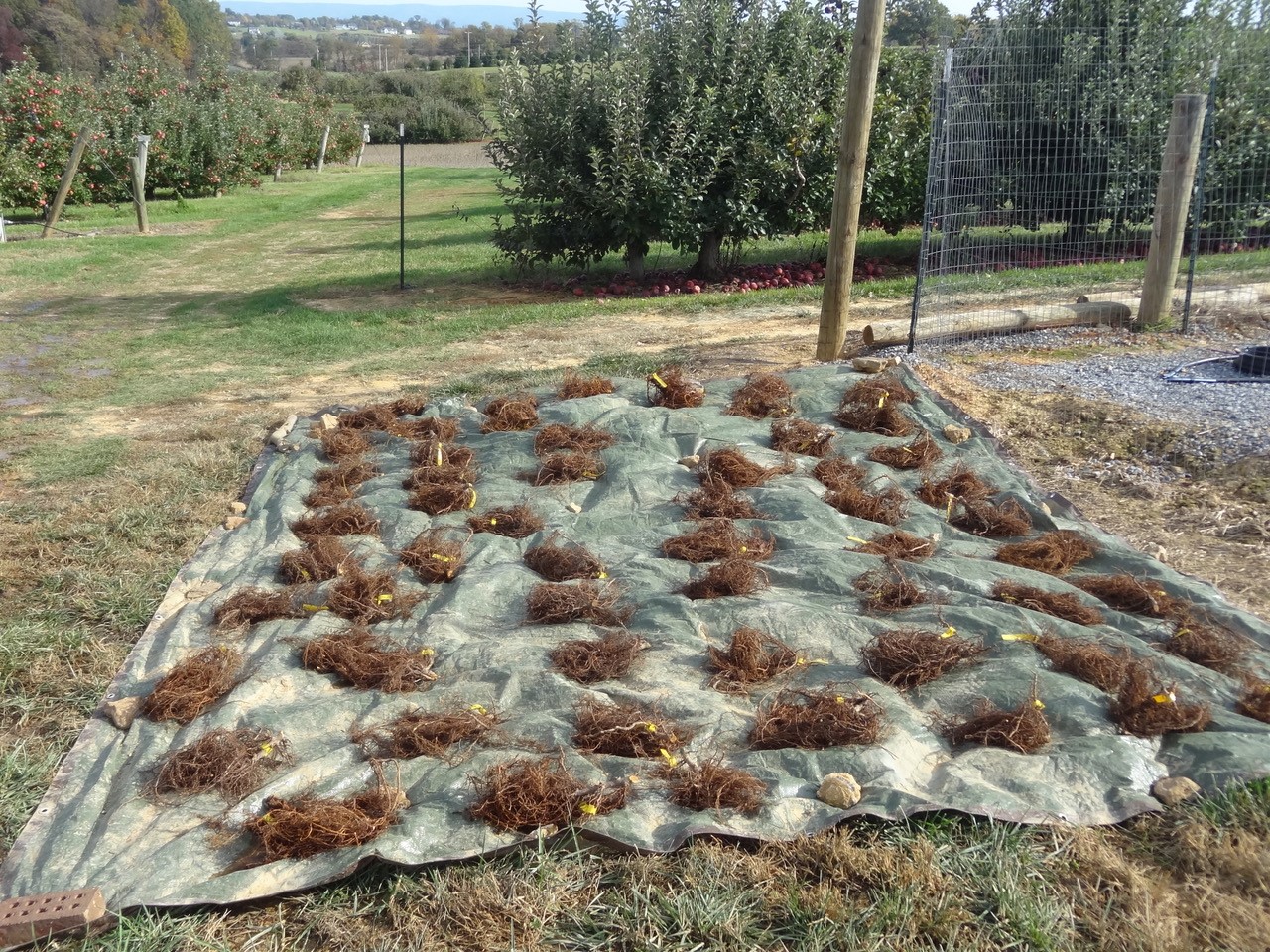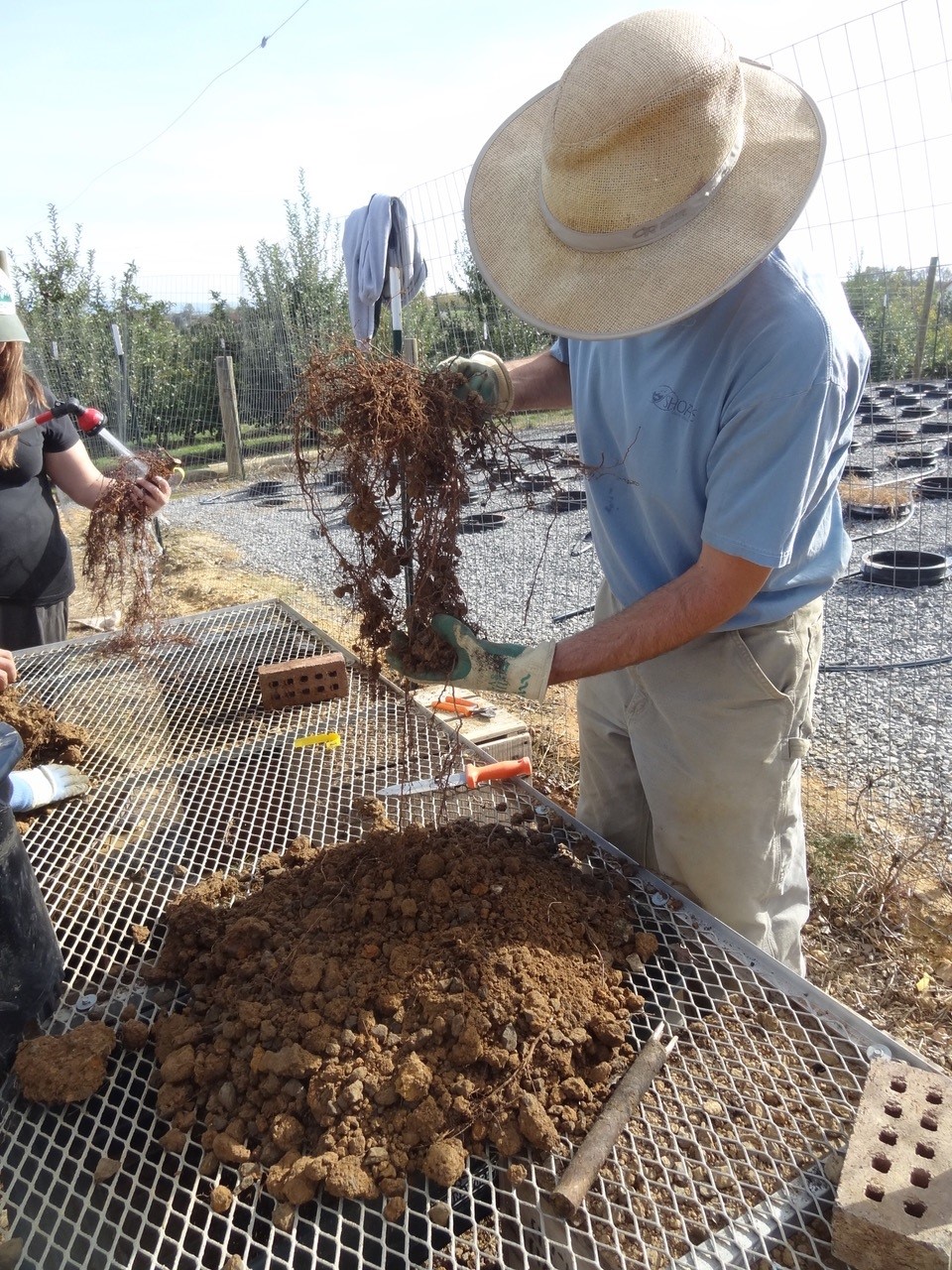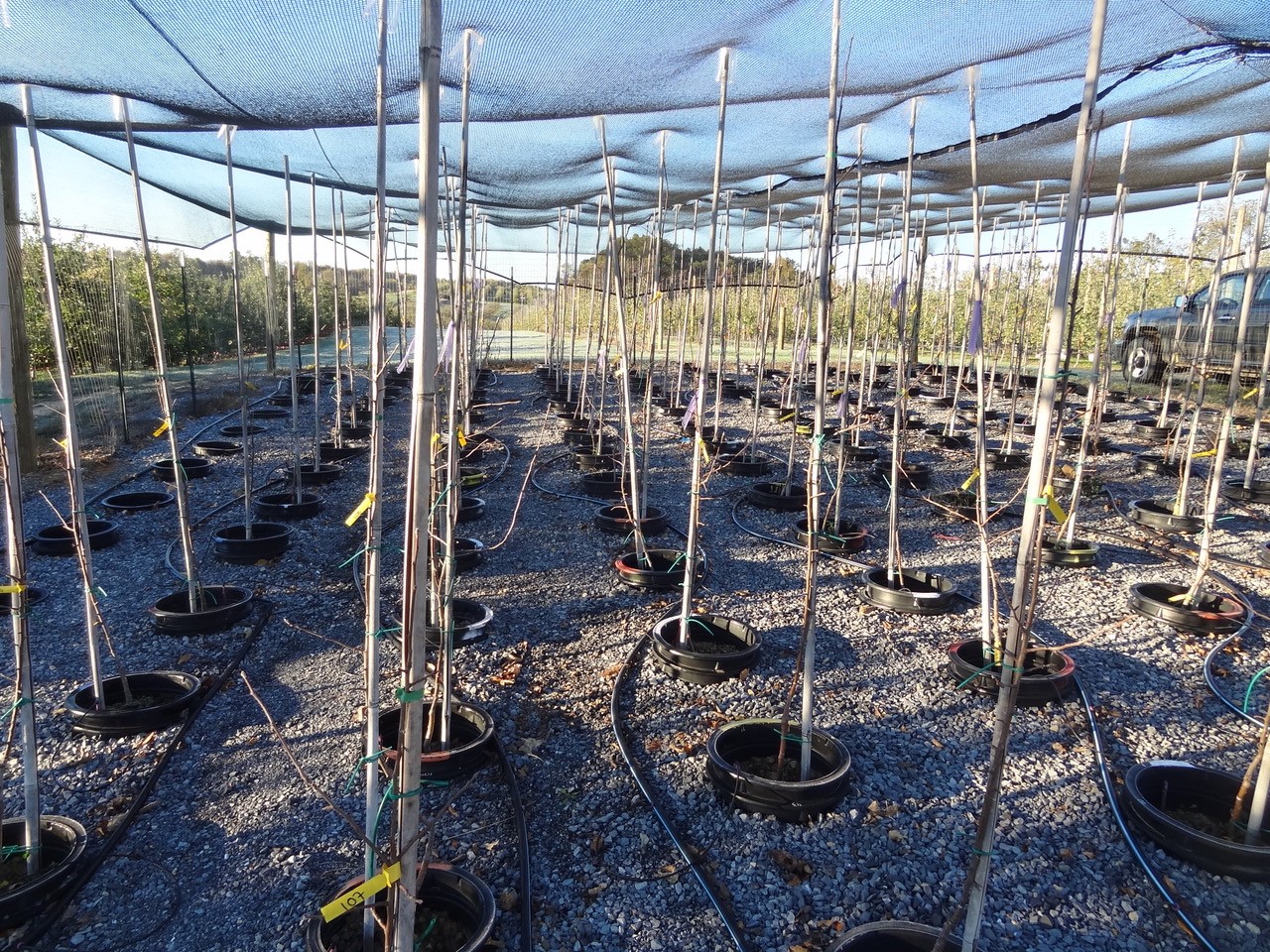
Jun 23, 2021
How compost can improve apple orchard sustainability
As the saying goes, an apple a day keeps the doctor away. But what’s the key to growing a quality apple?
Apple trees need access to important nutrients, which come from the soil. However, soil is quite different from orchard to orchard.
Gregory Peck studies how sustainable orchard practices can improve the availability of nutrients. The research was recently shared in Soil Science Society of America Journal, a publication of the Soil Science Society of America.

Farmers are becoming more aware of the environmental impacts of different orchard management practices.
“Apple growers are interested in developing more sustainable nutrient management plans,” said Peck. “They are asking for more information to improve the soil health on their farms.”
A healthy soil depends on many factors. One of those factors is the microbial community living in the soil. The community is made up of bacteria, nematodes, and fungi. Some of these microbes convert nutrients in the soil into forms that apple trees can use.
In the soil, microbes and plant roots interact in beneficial partnerships. Plants, like apple trees, release fluids from their roots into the soil. These fluids serve as a food source for the microbial community. In return, the microbes can help the apple trees.
“Bacteria serve many functions in an apple orchard soil,” says Peck. “They recycle nutrients, promote plant growth, and even alter plant metabolisms.”
In this study, the team applied composts – such as chicken litter and yard waste – to apple orchards.

Researchers found that adding compost increased the number of soil bacteria associated with recycling nutrients. The compost provides additional food for the bacteria to help them thrive.
This larger microbial community means more nutrients are available to the apple trees.
By applying compost, farmers could reduce the amount of fertilizer needed to provide nutrients for apple trees. This could help their pocketbooks and the environment.
Some fertilizers come from non-renewable sources. Adding in compost to a farm’s nutrient management plan reduces the dependence on those sources. It also provides a sustainable use for materials otherwise considered to be waste.
On a practical level, this research shows that farmers can successfully integrate compost with quicker release fertilizer sources.
“Although sustainable apple production is not defined by a single practice, we think this research contributes to the long-term goal of increasing farm sustainability,” said Peck.
In the future, the team hopes to replicate this study in different regions with different soil characteristics. They would also like to take a deeper look into the roles of fungi in the microbial community of orchard soils.
“We can produce great apples, and apple orchard farmers can supply a huge population with delicious, nutritious food,” Peck said.
Gregory Peck is a researcher at Cornell University. This work was supported by Cornell University – College of Agriculture and Life Science, the Virginia Agricultural Council, the Virginia Apple Research Program, the Virginia Agricultural Experiment Station, and Virginia Tech – Department of Horticulture.
Top photo: Researchers air-dried harvested apple roots. The roots were further dried in an oven to measure biomass. Photo: Greg Peck






